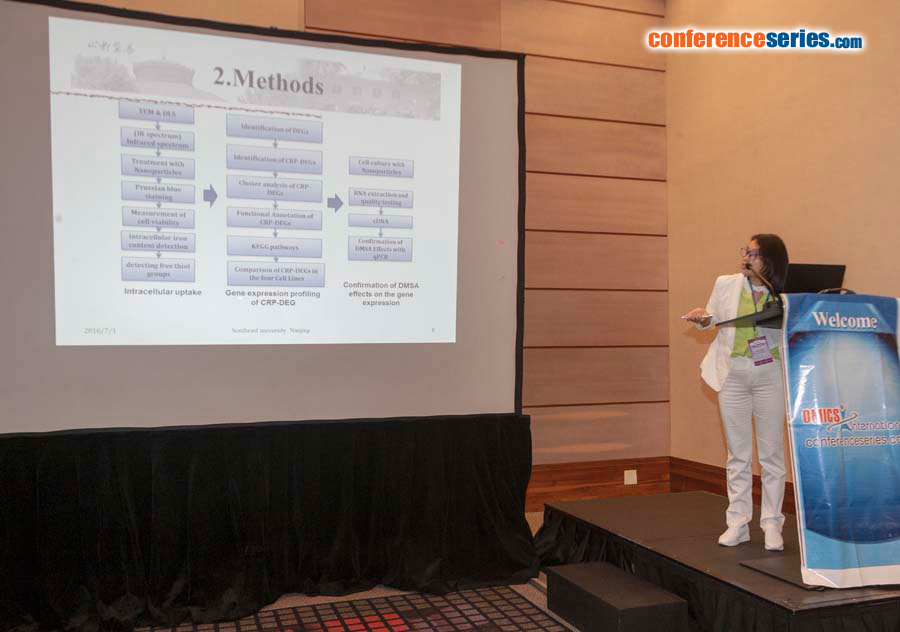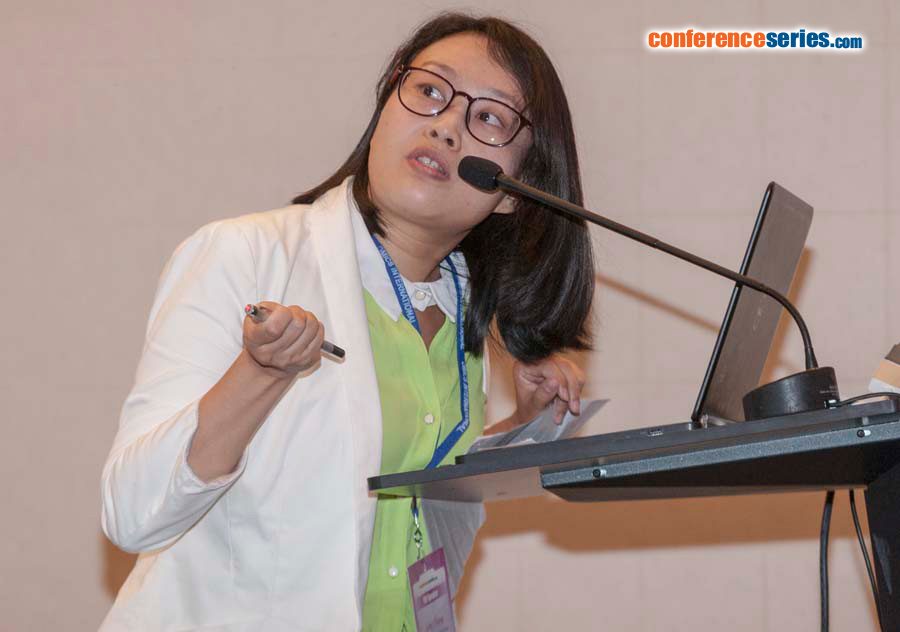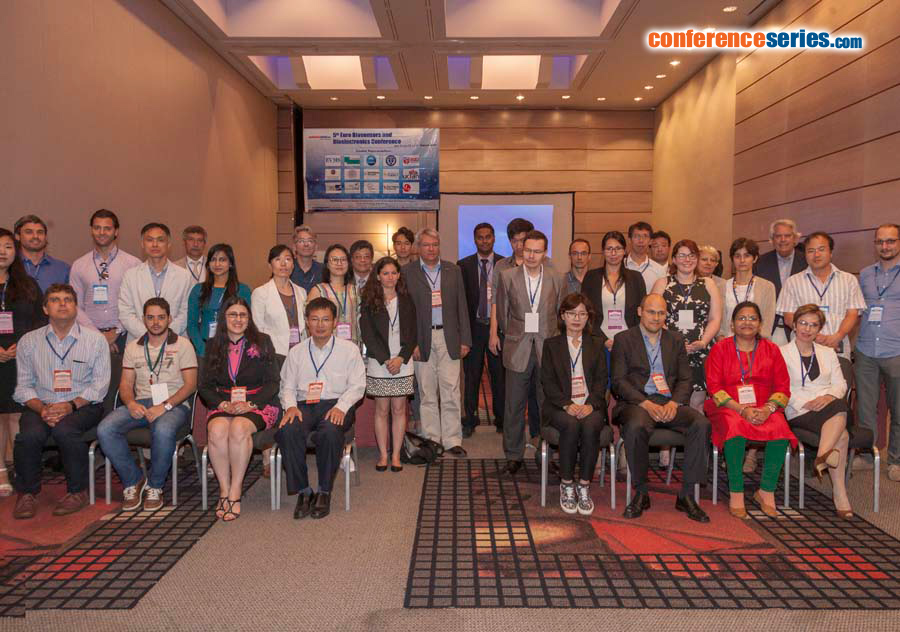
Ling Zhang
Southeast University, China
Title: DMSA-coated iron oxide nanoparticle greatly affects the expression of genes coding cysteine-rich proteins by its DMSA coating
Biography
Biography: Ling Zhang
Abstract
The dimercaptosuccinic acid (DMSA) was widely used to coat iron oxide nanoparticles (FeNPs); however, its intracellular cytotoxicity remains to be adequately elucidated. This study analyzed the differentially expressed genes (DEGs) in four mammalian cells treated by a DMSA-coated magnetite FeNP at various doses for different times. The results revealed that about one fourth of DEGs coded cysteine-rich proteins (CRPs) in all cells under each treatment, indicating that the nanoparticles greatly affected the expressions of CRP-coding genes. Additionally, about 26% of CRP-coding DEGs were enzyme genes in all cells, indicating that the nanoparticles greatly affected the expression of enzyme genes. Further experiments with the nanoparticles and a polyethyleneimine (PEI)-coated magnetite FeNP revealed that the effect mainly resulted from DMSA carried into cells by the nanoparticles. This study thus firstly reported the cytotoxicity of DMSA at the gene transcription level as coating molecules of FeNPs. This study provides new insight into the molecular mechanism why the DMSA-coated nanoparticles resulted in the transcriptional changes of many CRP-coding genes in cells. This study evokes attention toward the intracellular cytotoxicity of DMSA as coating molecule of nanoparticles, which has very low toxicity as orally administered antidote due to its extracellular distribution.







